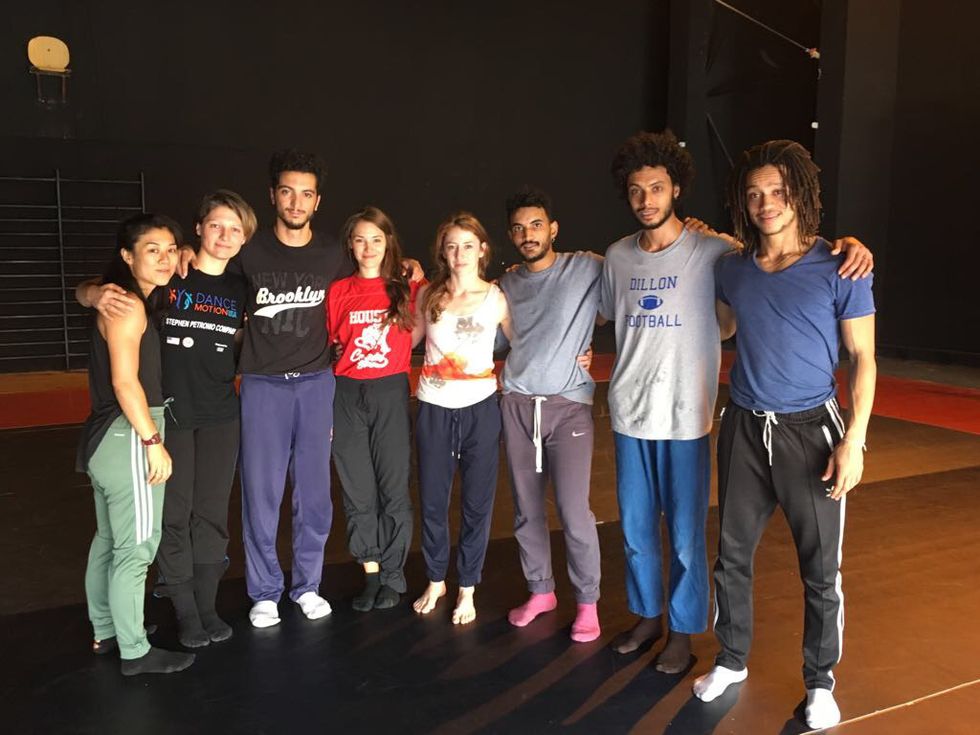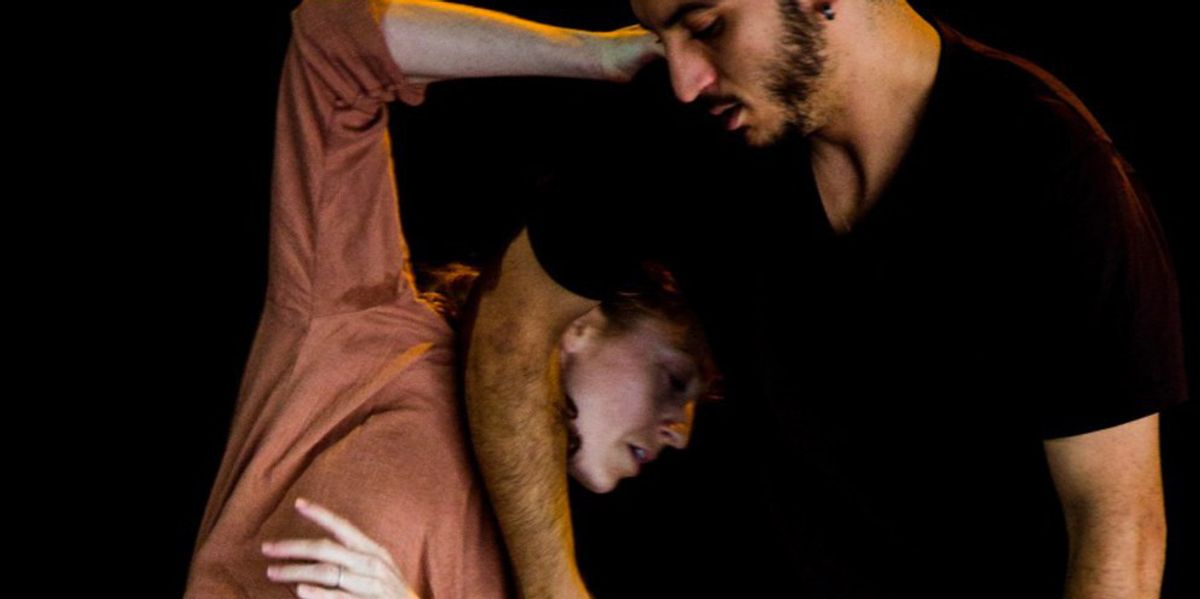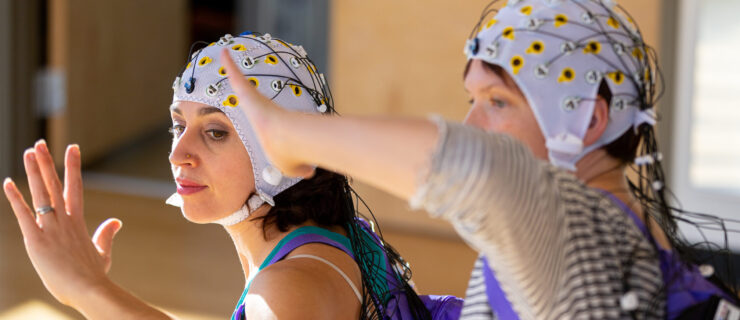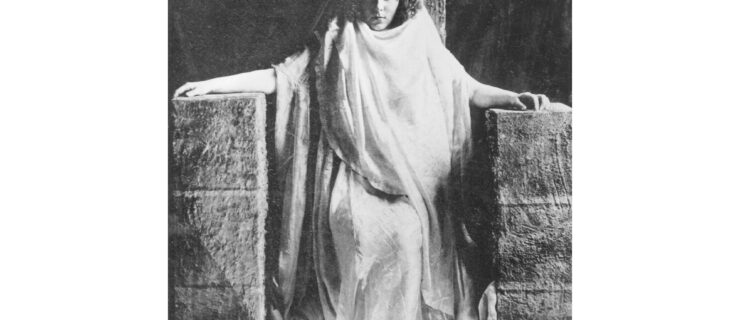Beyond Taboos: What Dancing In Tunisia Taught Me
Again and again, dance teaches me that when the filters fall away between people—when the boundaries of geography, religion and politics soften—the beginning and end of our relationships is always human.
In March, I traveled with Keigwin + Company to Cote D’Ivoire, Ethiopia and Tunisia, on a tour sponsored by the US State Department and facilitated by DanceMotion USA/Brooklyn Academy of Music. Our mission was cultural diplomacy: Simply, to share ourselves with diverse communities, to promote common understanding and friendships.
Our last stop was Tunisia. Until that point, we had mostly been learning varieties of traditional African dance, and sharing American modern dance. But Tunisia was different. The dancers already had a solid grasp of contemporary movement invention. Though we didn’t speak the same language, we could make movement vocabulary with surprising ease. Everything about our backgrounds was different, but there was this special intersection through dance that seemed to present an open door to collaboration.
The country stole my heart: It’s beautiful. Sitting right on the Mediterranean, Tunisia is 99 percent Muslim and was the birthplace of the Arab Spring six years ago. Since the revolution (in which many of the people we met had participated), there has been a big opening for cultural advancements, including dance.
I was intrigued. I knew I had to return one day.
So I did. I was able to quickly secure support from the US Embassy in Tunis, DanceMotion USA, American Dance Abroad and our local community for my own troupe, Schoen Movement Company, to work in Tunis for just over two weeks in October. We taught public classes in the morning and rehearsed in the afternoons on a new piece with three women from my company, one Tunisian woman and four Tunisian men.
I met these five Tunisians during the Keigwin + Company workshop. Interestingly, the men primarily identify as hip hop dancers—it was through hip hop that they discovered a love of movement, and then went on to study contemporary.
The diversity in training presented both a challenge and an opportunity. These men had a unique skillset to pull from, but didn’t have the same instinct for contemporary, so we were teaching each other throughout the process. Our piece felt like a good blend of our distinct voices. So far, people from 39 countries have viewed DanceMotion USA’s livestream video of our final performance.
The connection we made with the Tunisian dancers went way beyond dancing. Not only did we get to work together in the studio, but we got to really know them. We had them over to our apartment for pizza, they took us to a hip hop party with their crew “The Illest Looserz.”
Monam Khemis “Big Smile” said very little but danced very big. Mohamed Ali Cherif “Legz” was always cracking jokes and serving drama in his dancing. Houcem Bouakroucha “Coach” was the self-appointed director of the Tunisians, making smart choreographic tweaks on the side, and Kais Harbaoui’s eagerness for learning was a reflection of the goodness of his being. Our main girl Cyrinne Douss, was our shepherd throughout the residency and was our Tunisian contemporary anchor from a dance perspective.

(L to R) Britney Kerr, Cyrinne Douss, Houcem Bouakroucha, Kacie Boblitt, Emily Schoen, Kais Harbaoui, Mohamed Ali Cherif, Monam Khemis
At no point did I ever feel uncomfortable being an American woman and being the director in this culture. After two intense weeks together, I consider these five people close friends. And what a joy it is to be deeply connected to individuals across the world! It’s grounding, and makes the world feel more understandable.
I hope one day to bring my Tunisian cast to the U.S. I think this particular international mix is unique: It’s a collaboration between the dance epicenter New York City and the dance unknown Tunis, and a partnership with American women in a Muslim country. These types of international alliances have a taboo feeling right now. But the amount of interest this exchange has generated tells me that we are all hungry for this type of experience.




